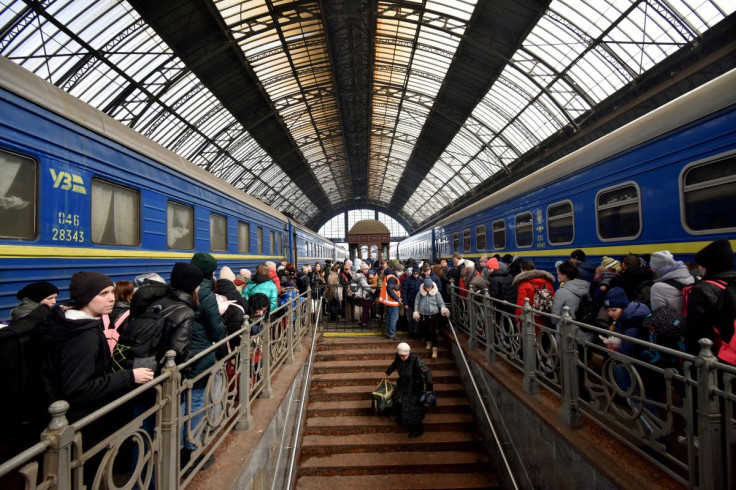Tesla Will Pay Ukrainian Employees Fighting Against Russia For Three Months
Electric carmaker Tesla said it will pay Ukrainian employees for up to three months if they are drafted to fight for their country in the war against Russia, according to a report from CNBC.
A company email was sent to employees Monday in Europe, the Middle East, and Africa. It is unclear whether the benefits would extend to Tesla employees in the Americas.
“For any Tesla employees who is a Ukrainian national and has been asked to return to Ukraine for active duty as a reservist, we will maintain their employment and salary for 3 months, with a view to assessing after this period as needed,” the email read.
At the start of the war, Ukraine began conscripting reservists aged 18-60, with a maximum service period of one year.
The email included Joe Ward, the senior director of Tesla Europe, Middle East, and African region (EMEA) and Mariam Khalifa, the human resources director for Tesla EMEA.
There are about 5,000 Tesla workers in Ukraine, according to the email sent by Axel Tangen, the director of Tesla Northern Europe.
The email also announced that “Tesla has opened free Supercharging stations bordering Ukraine to support those impacted by the recent invasion,” in Poland, Hungary, and Slovakia. For non-Tesla and Tesla owners, those supercharging stations are free.
The invasion has slowed down production of Tesla’s electric vehicles, as prices for necessary materials like nickel and lithium have risen.
Tesla employees also helped assemble the SpaceX Starlink communications system in Ukraine. There have been concerns that Russian airstrikes could target those Starlink systems.
______ Hold Strong Ukraine ______
Elon Musk (@elonmusk) March 5, 2022
Russia has been aggressively bombing Ukraine in recent days, with many civilians reporting that the Russian military is targeting them specifically. While Russia denies the allegations, the international community and Ukraine have been quick to condemn the Kremlin for war crimes.

© Copyright IBTimes 2025. All rights reserved.




















